We’ll recognize the harassment of journalists isn’t an individual problem
Calls for newsroom leadership to step up and protect journalists are not new. But for far too long, the focus has been placed almost exclusively on the trauma that results from relatively tangible, physical risks to journalists. For example, newsroom leaders have considered how to keep journalists safe when in a conflict zone. And they’ve addressed journalists’ need for self-care after reporting on a natural disaster. Yet the information ecosystem journalists operate in today necessitates an updated understanding of professional danger — one that includes the risks of online harassment.
The harms resulting from online abuse are very real. In some cases, online threats lead to offline, physical attacks. Yet, as a recent study by UNESCO found, the “slow burn” of lower but nearly constant levels of abuse has particularly insidious effects. PTSD, depression, and anxiety plague journalists and threaten to drive them out of the newsroom.
These impacts are particularly acute for women, BIPOC, and LGBTQIA+ journalists. UNESCO reports that “Black, Indigenous, Jewish, Arab and lesbian women journalists…experienced both the highest rates and most severe impacts of online violence.” And a survey by the International Women’s Media Foundation and Trollbusters found that nearly one-third of female-identifying journalists have considered leaving the profession due to online abuse and threats.
Unless something changes, these reporters will continue to leave the profession in droves.
Given the fast pace and scale of much of the abuse journalists face online, they need a trustworthy, rapid response system that offers a trauma-informed approach that takes their needs seriously. Such a system must be responsive and flexible, offering journalists monitoring tools, support from peers, and connection to resources for mental health needs.
The good news? We are working on it. With the support of the NSF Convergence Accelerator program, our team has partnered with the folks at the Poynter Institute/Politifact and Hollaback! to develop just such a system.
The challenge? We need newsrooms to buy in. We need editors and managers to participate and engage. This is not a reporter-level problem; it is a professional crisis. And it will require institutional investment. If your newsroom is up to the task, please reach out.
Kathleen Searles is an associate professor of political communication at Louisiana State University. Rebekah Tromble is director of the Institute for Data, Democracy & Politics at George Washington University.

Calls for newsroom leadership to step up and protect journalists are not new. But for far too long, the focus has been placed almost exclusively on the trauma that results from relatively tangible, physical risks to journalists. For example, newsroom leaders have considered how to keep journalists safe when in a conflict zone. And they’ve addressed journalists’ need for self-care after reporting on a natural disaster. Yet the information ecosystem journalists operate in today necessitates an updated understanding of professional danger — one that includes the risks of online harassment.
The harms resulting from online abuse are very real. In some cases, online threats lead to offline, physical attacks. Yet, as a recent study by UNESCO found, the “slow burn” of lower but nearly constant levels of abuse has particularly insidious effects. PTSD, depression, and anxiety plague journalists and threaten to drive them out of the newsroom.
These impacts are particularly acute for women, BIPOC, and LGBTQIA+ journalists. UNESCO reports that “Black, Indigenous, Jewish, Arab and lesbian women journalists…experienced both the highest rates and most severe impacts of online violence.” And a survey by the International Women’s Media Foundation and Trollbusters found that nearly one-third of female-identifying journalists have considered leaving the profession due to online abuse and threats.
Unless something changes, these reporters will continue to leave the profession in droves.
Given the fast pace and scale of much of the abuse journalists face online, they need a trustworthy, rapid response system that offers a trauma-informed approach that takes their needs seriously. Such a system must be responsive and flexible, offering journalists monitoring tools, support from peers, and connection to resources for mental health needs.
The good news? We are working on it. With the support of the NSF Convergence Accelerator program, our team has partnered with the folks at the Poynter Institute/Politifact and Hollaback! to develop just such a system.
The challenge? We need newsrooms to buy in. We need editors and managers to participate and engage. This is not a reporter-level problem; it is a professional crisis. And it will require institutional investment. If your newsroom is up to the task, please reach out.
Kathleen Searles is an associate professor of political communication at Louisiana State University. Rebekah Tromble is director of the Institute for Data, Democracy & Politics at George Washington University.
Mary Walter-Brown

Kathleen Searles Rebekah Trumble

Matt Karolian

Amy Schmitz Weiss
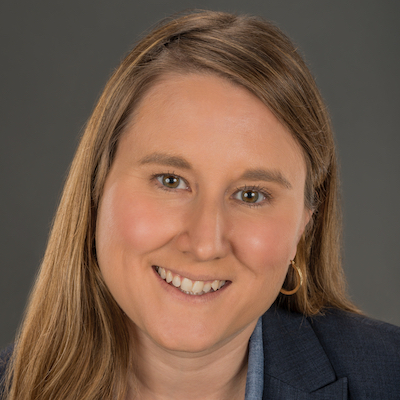
Joni Deutsch

Juleyka Lantigua

Jennifer Brandel

Tamar Charney

Doris Truong

Richard Tofel

Whitney Phillips

Anthony Nadler

Jesse Holcomb

Tom Trewinnard

Jim Friedlich

Tony Baranowski

Jody Brannon

Laxmi Parthasarathy

Meena Thiruvengadam
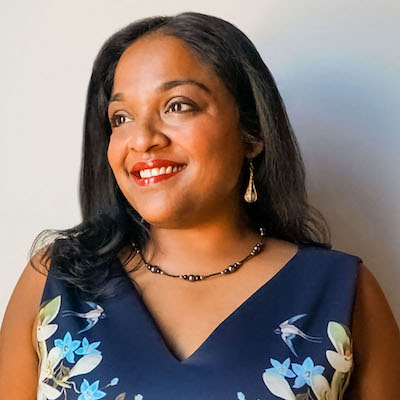
j. Siguru Wahutu
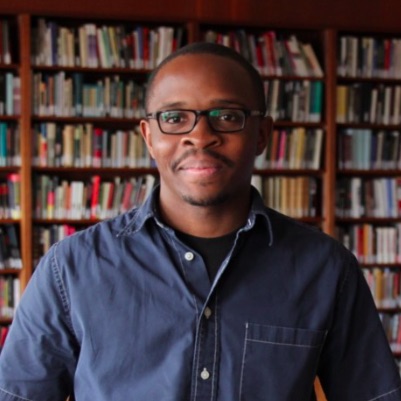
AX Mina

James Green

Kendra Pierre-Louis

Raney Aronson-Rath

Sarah Marshall

Francesco Zaffarano

Julia Angwin

Millie Tran

Gonzalo del Peon

Robert Hernandez

Melody Kramer

John Davidow

Andrew Freedman

Daniel Eilemberg

Candace Amos
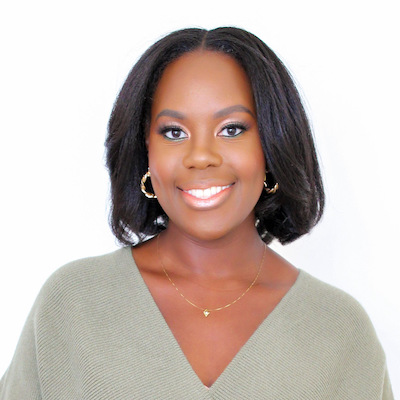
Paul Cheung

Jonas Kaiser

Ariel Zirulnick

A.J. Bauer

Janelle Salanga

Chicas Poderosas

Kerri Hoffman
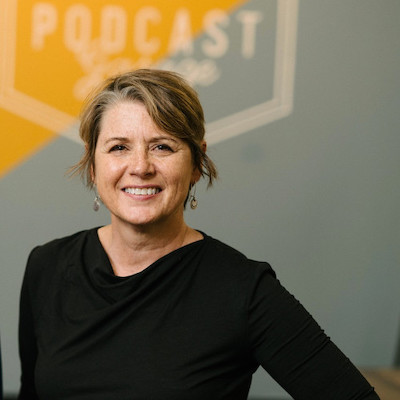
Matthew Pressman

Burt Herman

Joanne McNeil

Rachel Glickhouse

Izabella Kaminska

Jennifer Coogan

Jessica Clark

David Skok

Christina Shih

Rasmus Kleis Nielsen

David Cohn

Christoph Mergerson
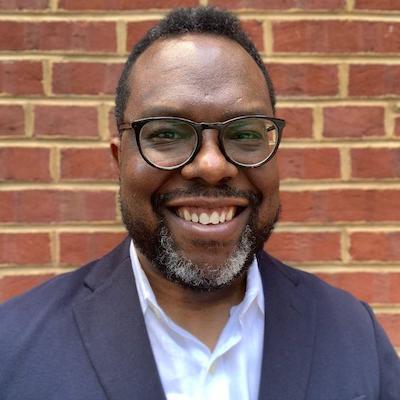
Victor Pickard

Gabe Schneider

Anika Anand

Shannon McGregor Carolyn Schmitt

Larry Ryckman

Kristen Muller

Parker Molloy

Mike Rispoli

Michael W. Wagner

Megan McCarthy

Wilson Liévano
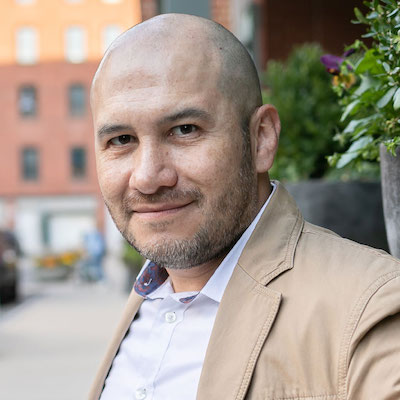
Catalina Albeanu

Cindy Royal

Shalabh Upadhyay

Brian Moritz

Simon Galperin

Gordon Crovitz

S. Mitra Kalita

Julia Munslow

Cherian George
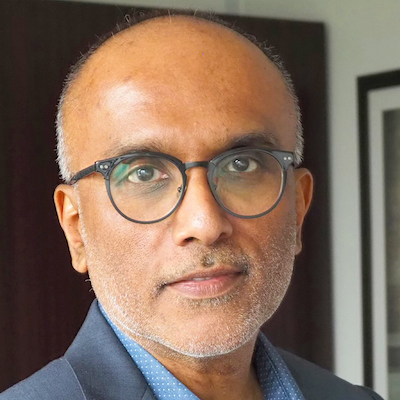
Jesenia De Moya Correa

Kristen Jeffers

Errin Haines

Ståle Grut

Zizi Papacharissi

Moreno Cruz Osório

Stephen Fowler

Eric Nuzum

Stefanie Murray

Anita Varma

Chase Davis

Sam Guzik

Joy Mayer

Simon Allison

Natalia Viana

Mario García
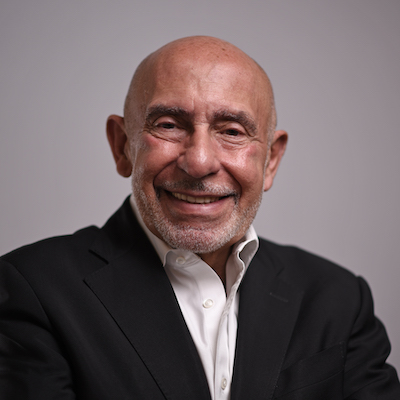
Mandy Jenkins

Joe Amditis

Don Day

Sarah Stonbely

Alice Antheaume

Cristina Tardáguila

Nikki Usher

Matt DeRienzo

Amara Aguilar

Joshua P. Darr
